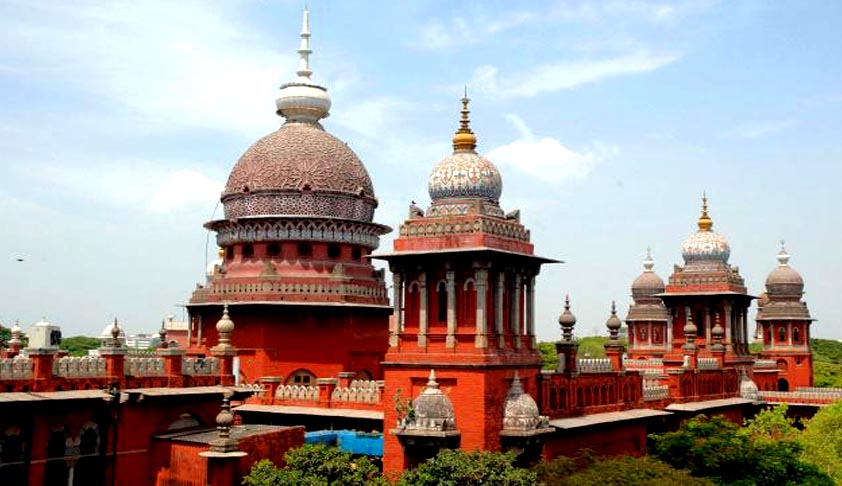Madras High Court- Authorities to be informed about Development of Law before Passing Detention Orders
Apoorva Mandhani
11 Jun 2014 7:26 PM IST

Next Story
11 Jun 2014 7:26 PM IST
A Madras High Court bench comprising of Acting Chief Justice Satish K Agnihotri and Justice M M Sundresh reportedly rapped Government authorities who kept authorizing erroneous detention orders and asserted that, "They should be informed about the development of law pertaining to detention orders. Quashing detention orders on the very same grounds by the court again and again would make...
